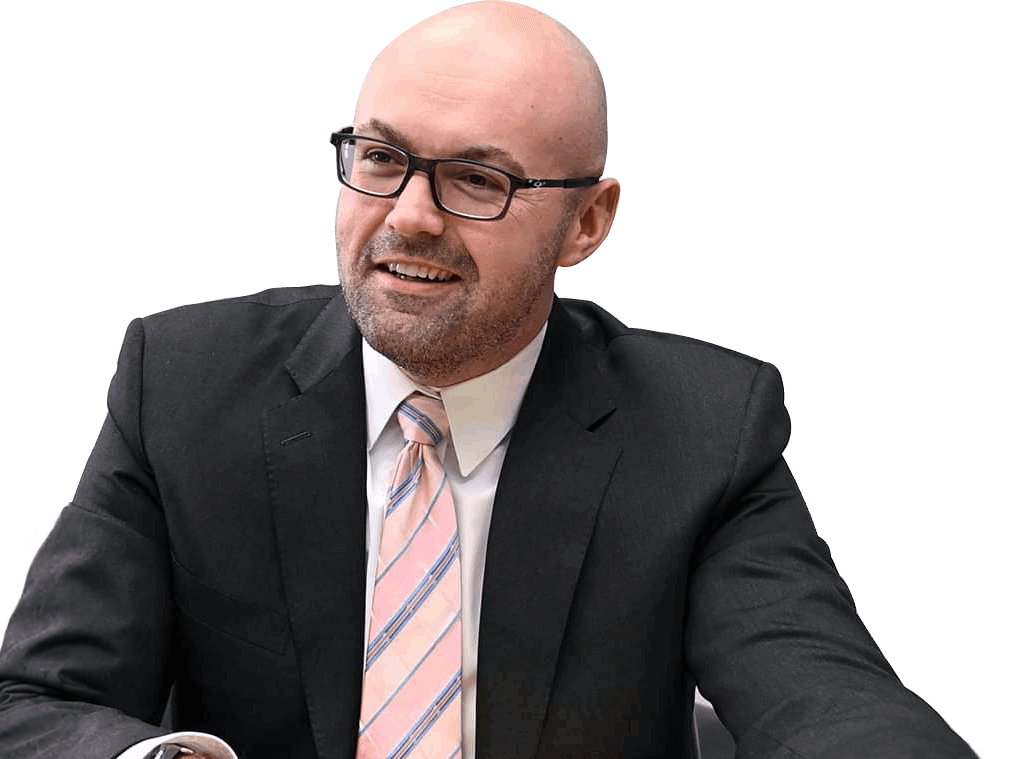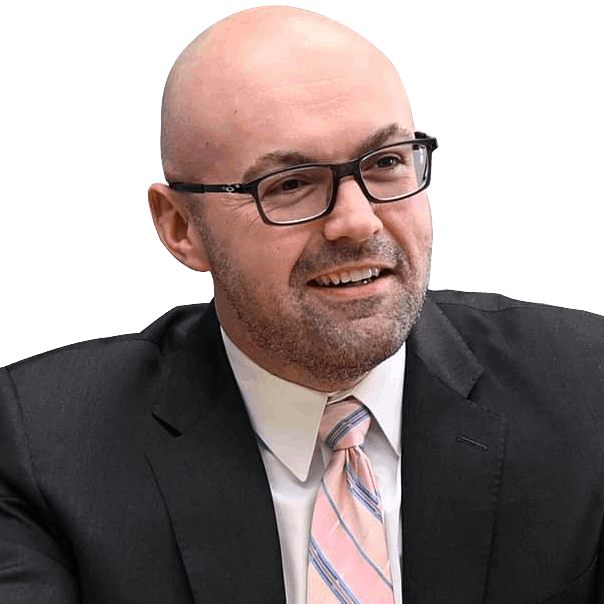Situated on Chicago’s Northwest Side, Belmont Gardens is a diverse neighborhood where residents rely on nearby facilities like Community First Medical Center or Norwegian American Hospital for care. Yet, even trusted hospitals may fall short of accepted medical standards. Hospital negligence—ranging from surgical errors to poor hygiene—can devastate patients and families alike.
At Chicago Injury Lawyer, we serve victims of medical negligence throughout the Belmont Gardens area. We investigate substandard care, hold facilities accountable, and pursue financial justice under Illinois malpractice law.
Call us now at 312-261-5656 for a free, no-obligation consultation, available 24/7. With our no-fee-unless-we-win policy, you can focus on your recovery while we handle the rest.
Leading Causes of Hospital Negligence in Belmont Gardens
Negligence at area hospitals often arises from systemic failures. We regularly encounter:
- Short-staffed medical departments, especially in emergency or overnight settings
- Outdated or improperly followed safety protocols
- Breakdowns in communication between doctors, nurses, and specialists
- Improper handoffs during patient transfers or shift changes
- Negligent postoperative monitoring leading to preventable complications
- Inadequate sanitation protocols that expose patients to unnecessary infection risk
- Mismanaged electronic health records (EHRs) that result in drug interaction errors or missing history
Hospitals that serve Belmont Gardens must uphold Illinois Department of Public Health and federal CMS standards. When corners are cut, lives are at risk. These breaches can often be traced to institutional cultures that prioritize speed or profits over safe patient outcomes.
Types of Hospital Malpractice Cases We Handle
Our firm represents clients in a wide variety of hospital-related claims, including:
- Hospital-acquired infections, such as MRSA or sepsis
- Medication administration errors—wrong drugs, dosages, or allergic reactions
- Misdiagnoses or delayed diagnoses of serious conditions
- Surgical mishaps, including wrong-site operations or retained surgical tools
- Negligent discharge or premature release of unstable patients
- Failure to monitor or respond to patient deterioration
- Radiology interpretation errors that delay critical treatment
In high-risk cases, our surgical mistake lawyer works directly with victims to assess surgical team conduct and procedural errors.
Common Injuries Caused by Hospital Negligence
Even small mistakes in clinical settings can lead to life-altering harm. We’ve helped patients and families recover damages after:
- Severe infections and septic shock
- Brain injury due to oxygen deprivation or anesthesia errors
- Spinal cord damage from improper patient handling or missed diagnoses
- Uncontrolled bleeding post-surgery
- Fatal outcomes from medication or diagnostic failures
- Postoperative blood clots from lack of ambulation support
- Undiagnosed internal bleeding following minor trauma
Each of these injuries not only affects physical health but disrupts work, family life, and financial stability. Our attorneys pursue comprehensive compensation to reflect those losses, including future care costs and adaptive housing needs when applicable.
For a free legal consultation, call 312-261-5656Your Legal Rights After Medical Malpractice in Belmont Gardens
Illinois law gives victims a limited window to act. Generally, malpractice claims must be filed within two years of discovering the injury, or risk being barred. Unique rules apply for children and patients under continuous treatment.
Hospital negligence lawsuits in Belmont Gardens fall under the jurisdiction of the Cook County Circuit Court. Our process includes:
- Requesting and reviewing full hospital charts
- Interviewing witnesses, including nurses and administrative staff
- Obtaining expert medical opinions to validate claims
- Documenting pain, suffering, and long-term impact
- Investigating hospital inspection reports and safety violations
For complex diagnostic issues, our team includes a diagnostic error attorney to evaluate radiology misreads, lab errors, or overlooked red flags. These evaluations are critical in cases where internal reviews may attempt to obscure staff error.
Immediate Steps If You Suspect Hospital Negligence
Acting quickly improves your legal standing and protects evidence. We advise Belmont Gardens residents to:
- Request all medical records, including surgical notes, discharge summaries, and pharmacy logs
- File a formal complaint with the Illinois Department of Public Health
- Write down symptoms and changes in condition with corresponding dates
- Preserve documentation such as prescriptions, appointment notes, and communication with staff
- Schedule a free consultation with a malpractice attorney immediately
- Avoid speaking with hospital legal teams or insurers without counsel present
Early legal intervention allows our team to gather time-sensitive evidence before it’s altered or lost. We act quickly to issue preservation letters and secure critical testimony from former staff, residents, or contractors.
Why Choose Our Belmont Gardens Hospital Negligence Lawyers
With decades of experience in Illinois malpractice litigation, our firm is uniquely positioned to serve the Belmont Gardens community. Our benefits include:
- Track record of winning hospital negligence and wrongful death suits
- Knowledge of local facilities and administrative practices
- Relationships with top-tier medical experts for case evaluations
- No upfront legal fees—payment only if we win
- Spanish-speaking legal support for Belmont Gardens’ diverse population
- Home and virtual consultations available for medically fragile clients
We believe every patient deserves safe, respectful care. When that trust is broken, we work tirelessly to restore justice and financial security.
EXCELLENTTrustindex verifies that the original source of the review is Google. I can't stress enough how grateful I am that we hired Paul Marriett to help us with our case. His communication was not only timely and thorough but also understandable. He did a phenomenal job guiding us through the process and preparing us for the courtroom, which put our minds at ease. Once our hearing came, he did his job flawlessly and won our case. Additionally, he was quite pleasant to speak with when our judge was behind schedule and while the court was in recess. I highly recommend him to anyone needing an attorney and will reach out again in the future should we ever need representation.Posted onTrustindex verifies that the original source of the review is Google. Very professional and helpful! I would recommend to all my friends and family to hire him. He was eager to know the circumstances of my case even before I hired him. I did contact other lawyers and offices, but none came close to the comfort I felt while talking to Mr. Marriertt, I really felt like he cared about the situation I found myself in. He deserves 6 stars for going above and beyondPosted onTrustindex verifies that the original source of the review is Google. Paul helped me out with a traffic citation. The communication was great as he walked me through my options and what to expect with my court date and plea deal. 10/10 service. Highly recommended. Thanks again, Paul.Posted onTrustindex verifies that the original source of the review is Google. Paul was very professional, sharp dressed and clearly a notch above most in the courtroom. He understood my plight and refused to be bullied. Knows the law to a T....I'm keeping him on speed dial. I think u will trust him too.Posted onTrustindex verifies that the original source of the review is Google. BEYOND satisfied with the services & representation! The communication & efforts have been above & BEYOND! Amazing price as well for a minor traffic hiccup. 11/10 recommend & prefer this firm for any future occurrences!!! Very transparent, & puts in the effort to help you!!!Posted onTrustindex verifies that the original source of the review is Google. If you are needing a lawyer in Rockford or the surrounding areas this is the guy you need to get ahold of! Do not waste your time or money going to someone else.... From the very start Mr. Marriett was on top of his job. I called several lawyers before him and he was the first to thoroughly explain everything I needed to hear without even asking him to. The definition of a great lawyer. Each time we went to court he always let me know ahead of time either in person or via phone what the expectations or options would be going in. I highly recommend Paul Marriett if you are in need of a lawyer!Posted onTrustindex verifies that the original source of the review is Google. Explained everything well. Kept us informed. I'm glad we found him.Posted onTrustindex verifies that the original source of the review is Google. I am very late on sharing my feedback only because I’m google illiterate. Attorney Merriett did a very smart excellent job for me and not real expensive considering how stupid I was to get in trouble . Thank you! For all your professionalism! Bruce P.Posted onTrustindex verifies that the original source of the review is Google. Great service and a reliable lawyer. I'm glad we got him instead of getting anyone else. :)
Get Directions to Our Law Office
Visit us in Chicago for a free consultation
- Address: 101 N Wacker Drive, Suite 100B, Chicago, IL 60606 Get Directions
- Driving Directions: If you’re traveling from The Loop, head north on Wacker Drive. Our office is between Lake and Randolph Streets, easily accessible from I-90 and I-94.
- Parking Options: Convenient parking is available at nearby garages, such as the Wacker & Monroe Garage, and there are metered spaces along N Wacker Drive.
- Landmarks Nearby: Our office is just steps from the Chicago Riverwalk and close to The Loop, making it a convenient location for visitors.
Contact Us
Chicago Injury Lawyers
101 N Wacker Drive, Suite 100B
Chicago, IL 60606
Phone: (312) 261-5656
Email: contact@chicagoinjurylawyer.com
Hours: 24/7

Belmont Gardens Hospital Negligence FAQs
Which hospitals are most accessible to Belmont Gardens residents?
Nearby facilities include Community First Medical Center, Norwegian American Hospital, and AMITA Health Saints Mary and Elizabeth Medical Center. All must adhere to Illinois health codes and safety standards.
Can I sue for infections acquired in a hospital?
Yes. If the infection was preventable and caused by poor sterilization, improper catheter use, or unsanitary conditions, you may have a valid claim.
Are hospital-accredited facilities more liable?
While all hospitals are accountable, those with accreditation must meet national safety benchmarks. Violating those standards strengthens your case.
Do I need expert witnesses?
Absolutely. Illinois requires medical malpractice cases to include a written opinion from a qualified expert supporting your allegations.
What damages are recoverable in these cases?
You may recover economic damages like medical costs and lost wages, and non-economic ones like emotional suffering and loss of companionship in fatal cases.
What if the hospital denies wrongdoing?
Denial is common. Our team uses subpoena power, expert review, and legal discovery tools to uncover root causes and hold facilities accountable. Many strong cases begin with a simple refusal to accept fault.



